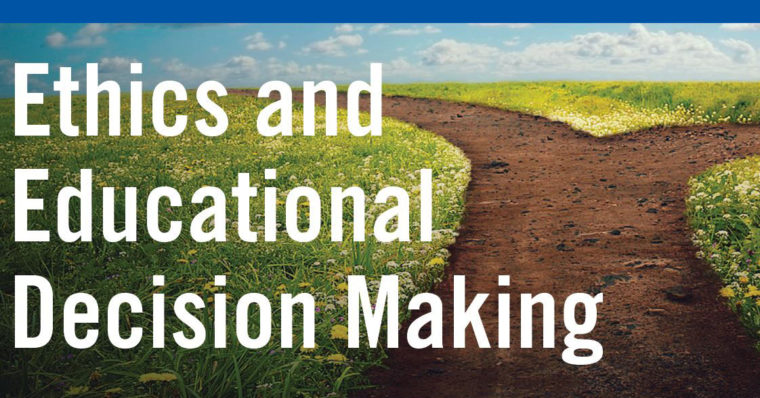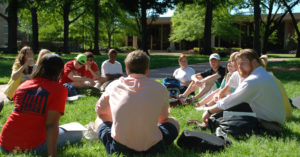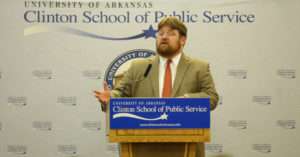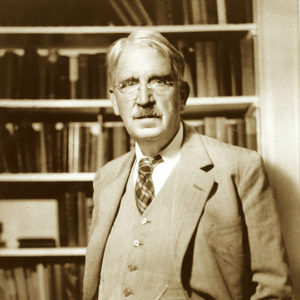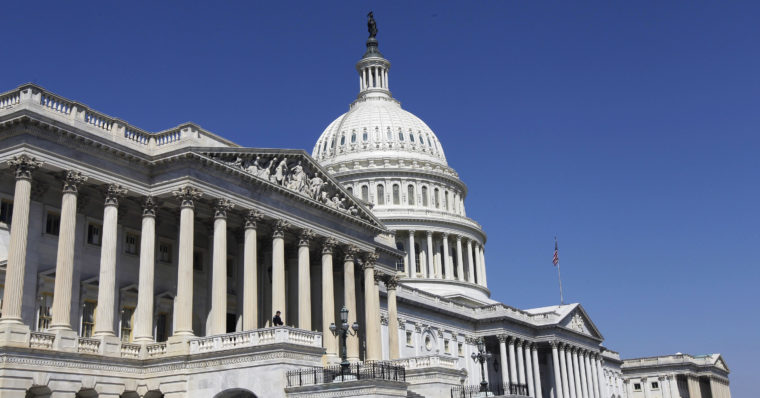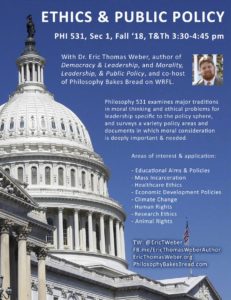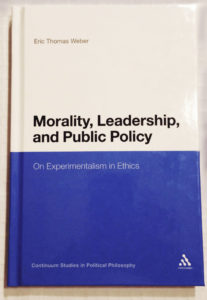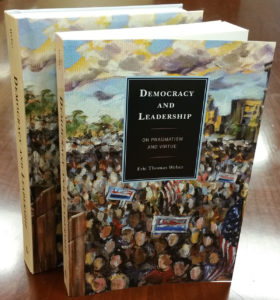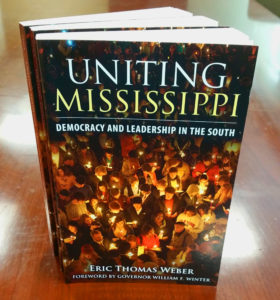The 31-page article, The Influence of Communication- and Organization-Related Factors on Interest in Participation in Campus Dialogic Deliberation (2017), was written by Gregory D. Paul, and published in the Journal of Public Deliberation: Vol. 13: Iss. 2. From the abstract, “This study explored how communication and campus factors influence students’ interest in and perceived helpfulness of dialogic deliberation participation”. Read an excerpt from the article below and find the PDF available for download on the Journal of Public Deliberation site here.
From the introduction…
As higher education continues to evolve in response to stakeholder demands, individuals associated with colleges and universities, from employees to students to alumni, find themselves needing to make difficult decisions about pressing problems based on sometimes competing interests. Funding changes, calls for increased transparency and accountability, and increasing competition have made such decisions more difficult and intense, shaping the ways in which colleges and universities make decisions about their vision, goals, resources, and practices.
In both commercial and educational organizations, administrators tend to be the ones making these decisions. This top-down approach to decision-making comes with at least two problems in higher education. First, it can lead members to lose trust in administrators if they feel that decision-makers do not care for or ask for outside viewpoints. Members can begin to feel as if they have no voice, thereby undercutting their connection to or concern for their organization. Second, even if administrators ask for others’ viewpoints, communication during the decisionmaking process tends to reflect a zero-sum, competitive orientation in that people tend to argue for and cling to their existing thought patterns and meaning systems rather than learn or explore new ones (Hurtado, 2007). Additionally, when communicating with someone from a different group over tightly held views, goals, and beliefs (such as where funding should go), such communication typically breaks down into entrenched argument, with individuals turning toward their ingroups to reify their opinions, beliefs, and worldviews (Pearce & Littlejohn, 1997; Theiss-Morse & Hibbing, 2005). In colleges and universities with increasing diversity and decreasing resources, such monologic communication is counterproductive individually and organizationally.
One approach to overcoming these problems can be found in the growing communication literature on deliberation and dialogue (Diaz & Gilchrist, 2010; Hurtado, 2007; Schoem, Hurtado, Sevig, Chesler, & Sumida, 2001; Thomas, 2010; Trevino, 2001). Grounded in theorizing on deliberative democracy (Delli Carpini, Cook, & Jacobs, 2004; Kim & Kim, 2008), deliberation involves community members coming together in a facilitated small group setting to make decisions on public issues (Bedinger, 2011; Burkhalter, Gastil, & Kelshaw, 2002; Cohen, 1997; Habermas, 2006; Ryfe, 2002). In an organizational context, deliberative decisionmaking can involve bringing people from diverse groups together in facilitated small group settings to foster mutual understanding and collaborative decisionmaking based on co-created goals regarding organizational issues and plans. During the deliberation process, the approach to communication can vary, from competitive, rationalistic argumentation to relationally sensitive dialogue that attempts to foster relational connections and create shared meaning through an exploration of one another’s personal assumptions about the world (Barge & Little, 2002; Bedinger, 2011; Eisenberg & Goodall, 2001; Isaacs, 1993; Kellett & Dalton, 2001; Pearce & Pearce, 2004; Yungbluth & Johnson, 2010). Deliberation grounded in principles of dialogue involves growing understanding and making decisions collaboratively while prioritizing empathic listening, open expression, and thoughtful inquiry of diverse viewpoints and experiences (Barge & Little, 2002; Bedinger, 2011; Black, 2008; Eisenberg & Goodall, 2001; Schoem et al., 2001; Spano, 2001).
On campus, the number of programs devoted to dialogue and deliberation has grown significantly over the past decade (van Til, 2011), particularly as colleges and universities have expressed heightened interest in civic engagement and diversity (Bedinger, 2011; Thomas, 2010). A growing body of research has investigated the outcomes of participation in these programs, which largely focus on off-campus community issues (in the case of deliberation programs) or social issues (in the case of dialogue programs) rather than on-campus decision-making (Burkhalter et al., 2002; Gurin, Nagda, & Lopez, 2004; Hurtado, 2001; Spano, 2001). While these outcomes are promising for participants, we still have only a limited understanding of who participates in these programs. Research to date has largely explored how participation is associated with individual-level factors (e.g., demographic factors such as race and psychographic factors such as need for cognition) (Goidel, Freeman, Procopio, & Zewe, 2008; Jacobs, Cook, & Delli Carpini, 2009; Neblo, Esterling, Kennedy, Lazer, & Sokhey, 2010). Given that deliberation is inherently social, it also is important to explore the influence of social factors, particularly regarding communicative and organizational characteristics, on interest in participating. Additionally, given the democratic orientation of deliberation, it is important to examine participation interest of people who do not hold traditional decision-making roles, such as students.
This study examines how undergraduate students’ interest in participating in campus-based deliberative programming and the perceived helpfulness of such participation are influenced by communication-related and organization-related factors. Communication-related factors consisted of perceptions of debate and dialogue as approaches to communication. Organization-related factors included openness to diversity and ability to effect change. The study addresses the pragmatics of organizational decision-making by examining the influence of communication-related and organization-related factors on deliberation participation. Additionally, the study extends research on motivation to participate in deliberative programming as well as the factors underlying perceptions of such programming in higher education. Study findings have implications for how colleges and universities can put democratic principles into practice in their decision-making policies and practices.
Download the full article from the Journal of Public Deliberation here.
About the Journal of Public Deliberation
Spearheaded by the Deliberative Democracy Consortium in collaboration with the International Association of Public Participation, the principal objective of Journal of Public Deliberation (JPD) is to synthesize the research, opinion, projects, experiments and experiences of academics and practitioners in the emerging multi-disciplinary field and political movement called by some “deliberative democracy.” By doing this, we hope to help improve future research endeavors in this field and aid in the transformation of modern representative democracy into a more citizen-friendly form.
Follow the Deliberative Democracy Consortium on Twitter: @delibdem
Follow the International Association of Public Participation [US] on Twitter: @IAP2USA
Resource Link: www.publicdeliberation.net/jpd/vol13/iss2/art5/
 Here’s a flyer for the course, and here’s a short bio about the instructor:
Here’s a flyer for the course, and here’s a short bio about the instructor:
